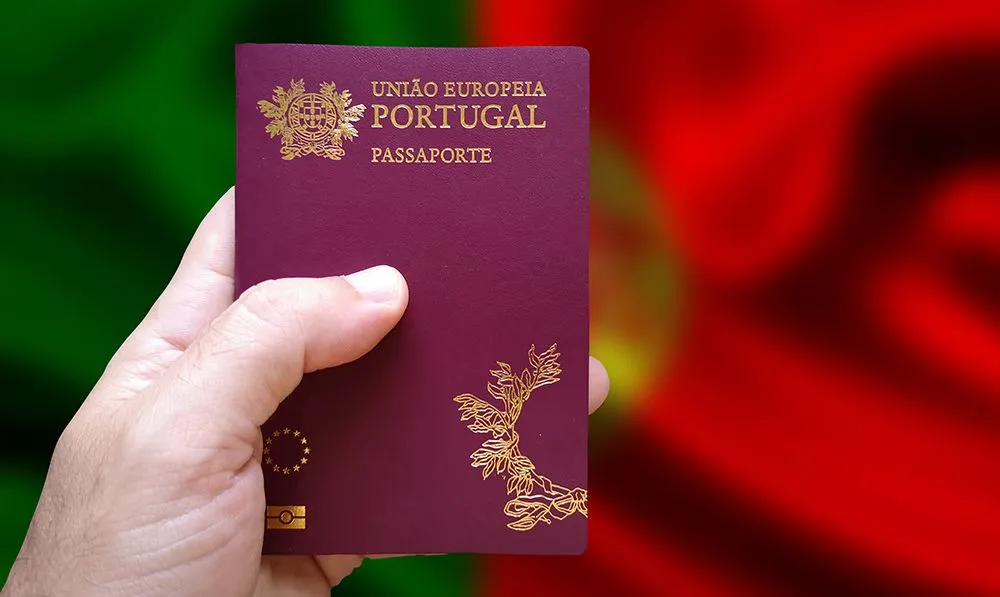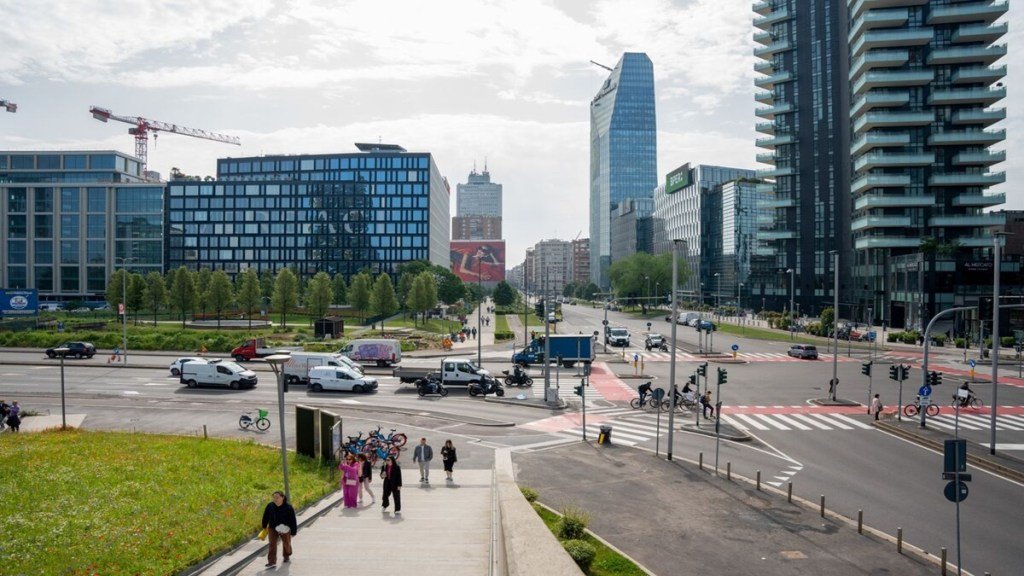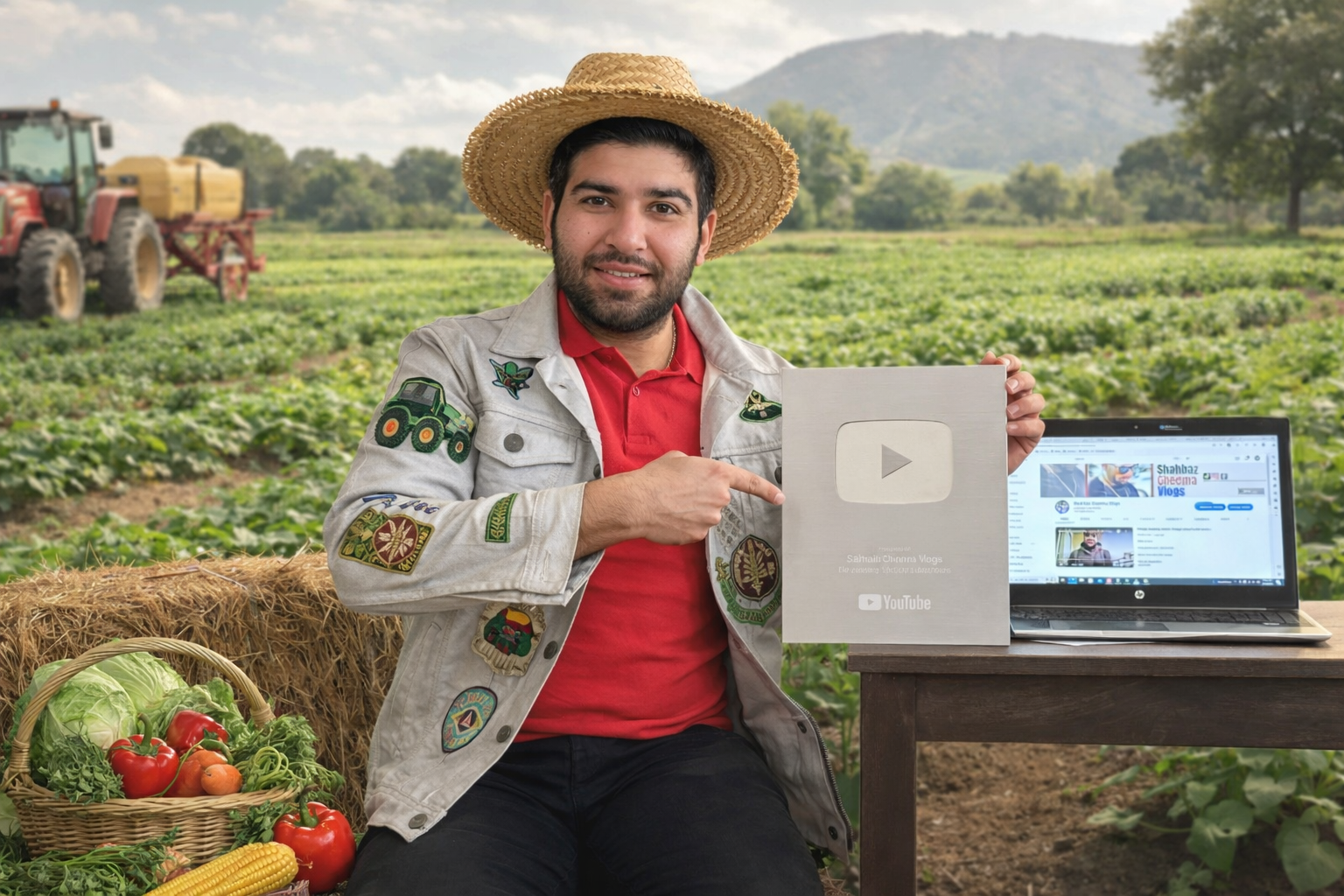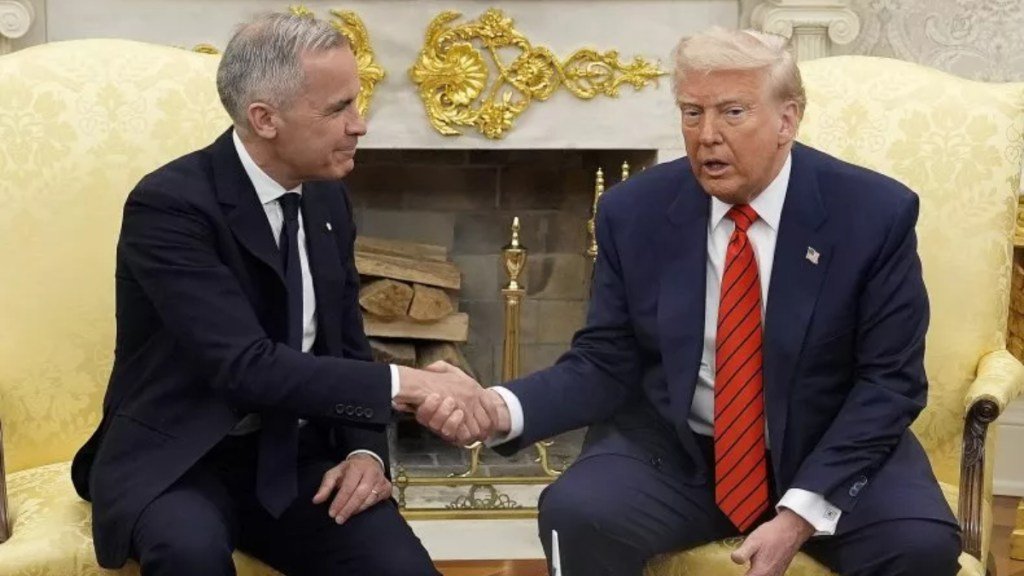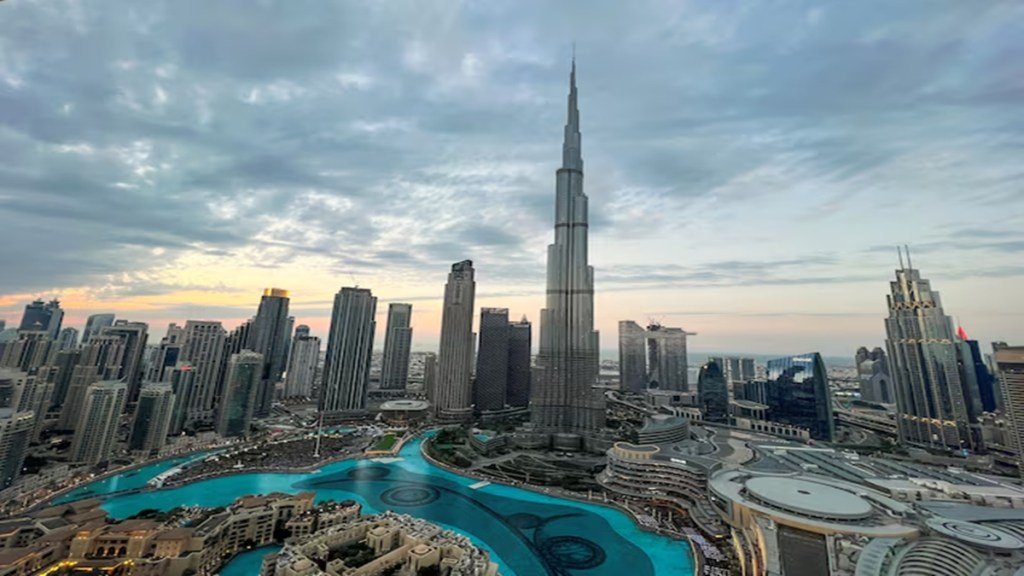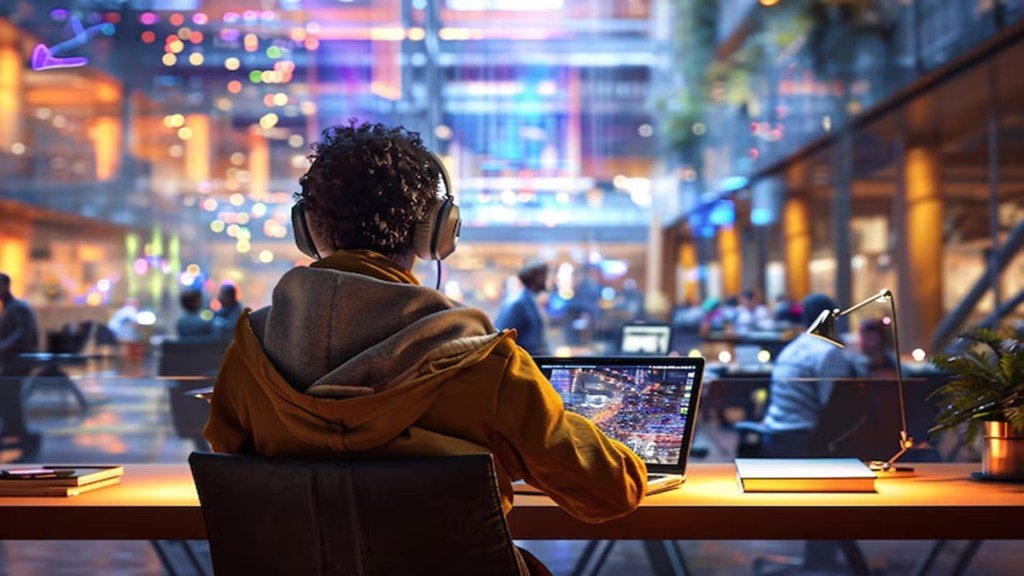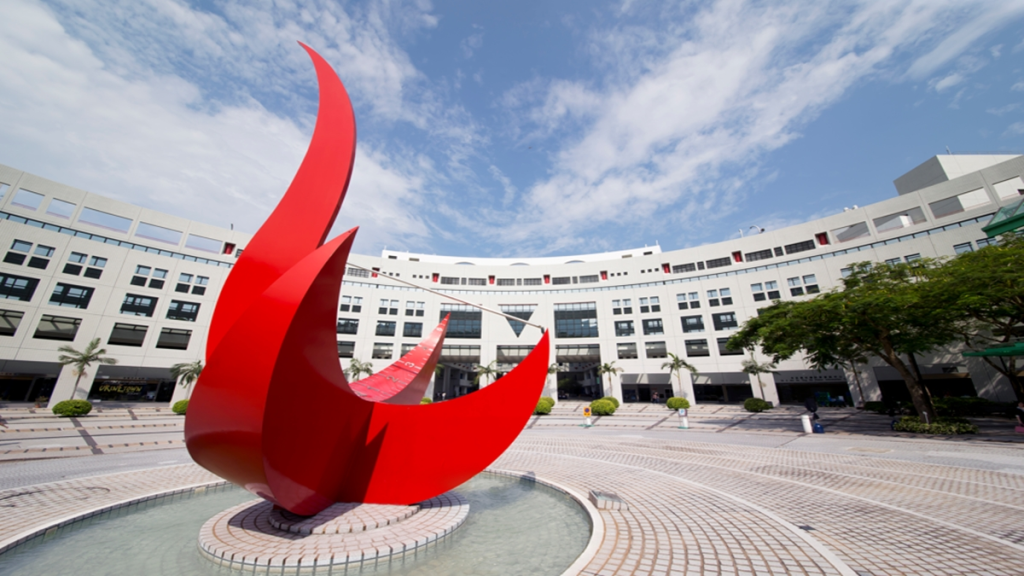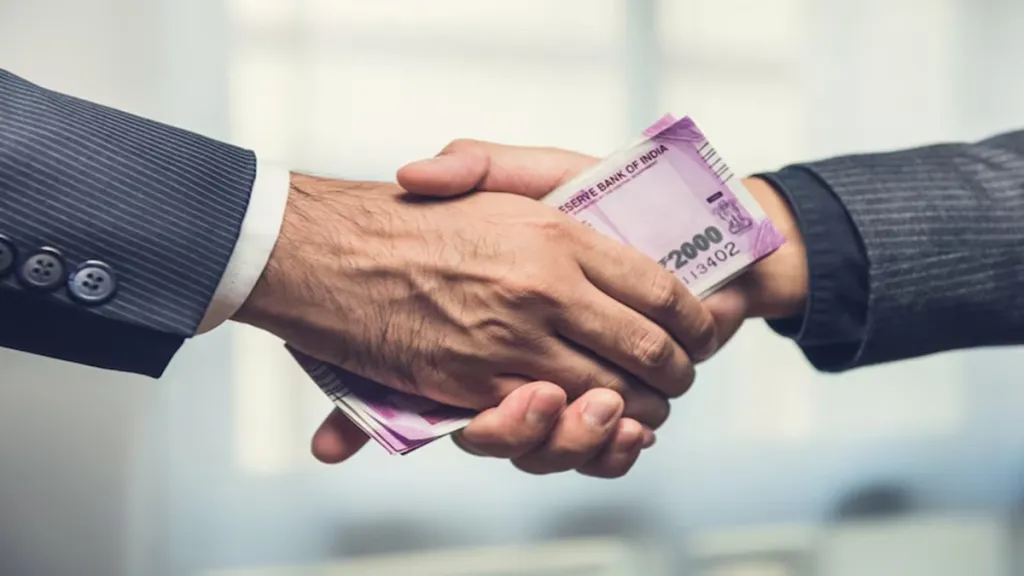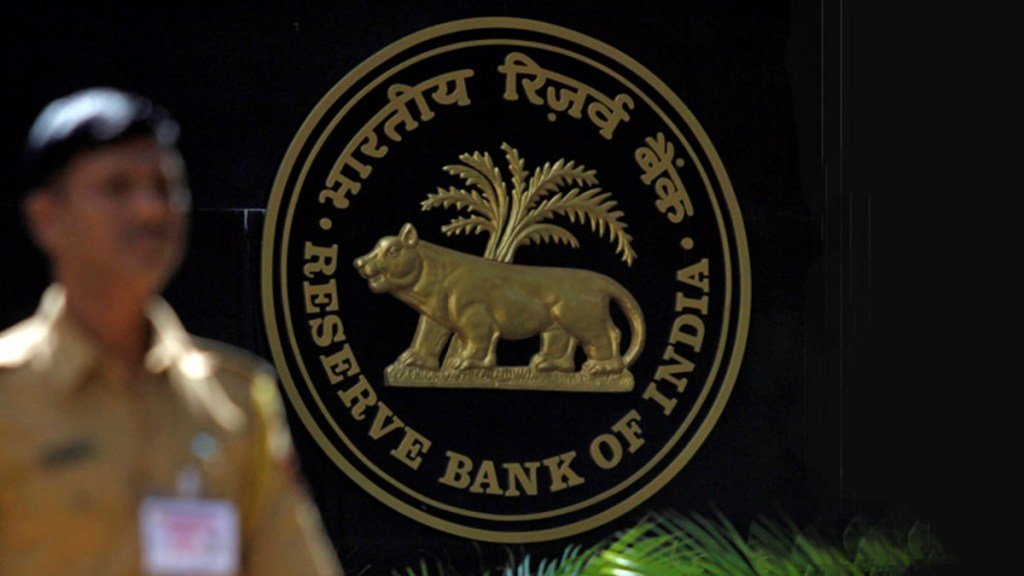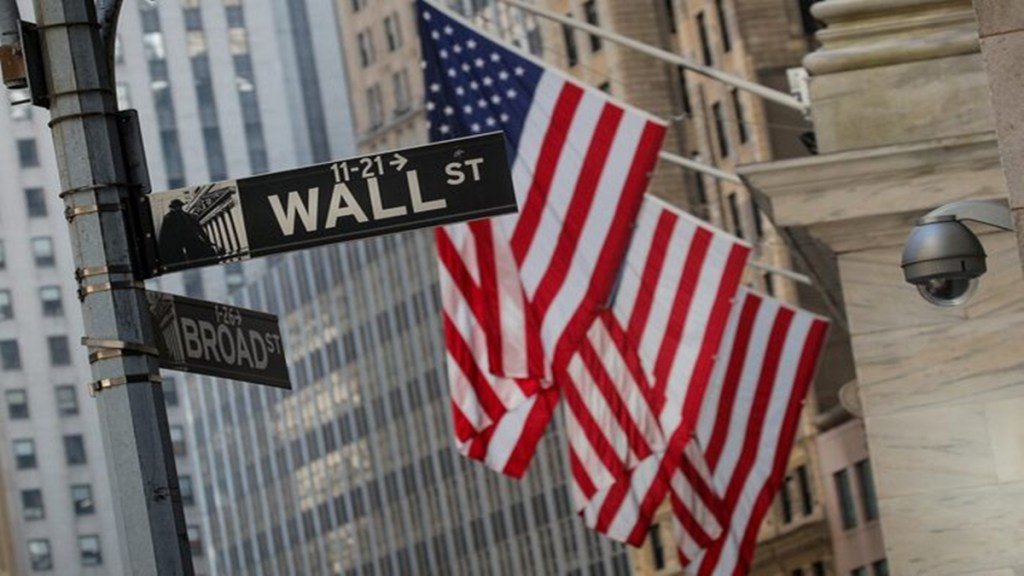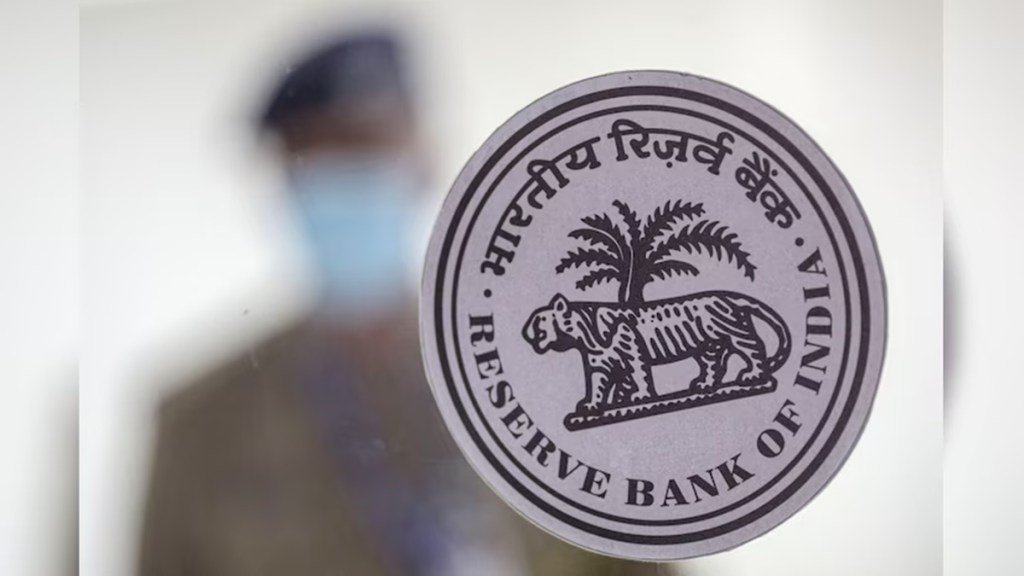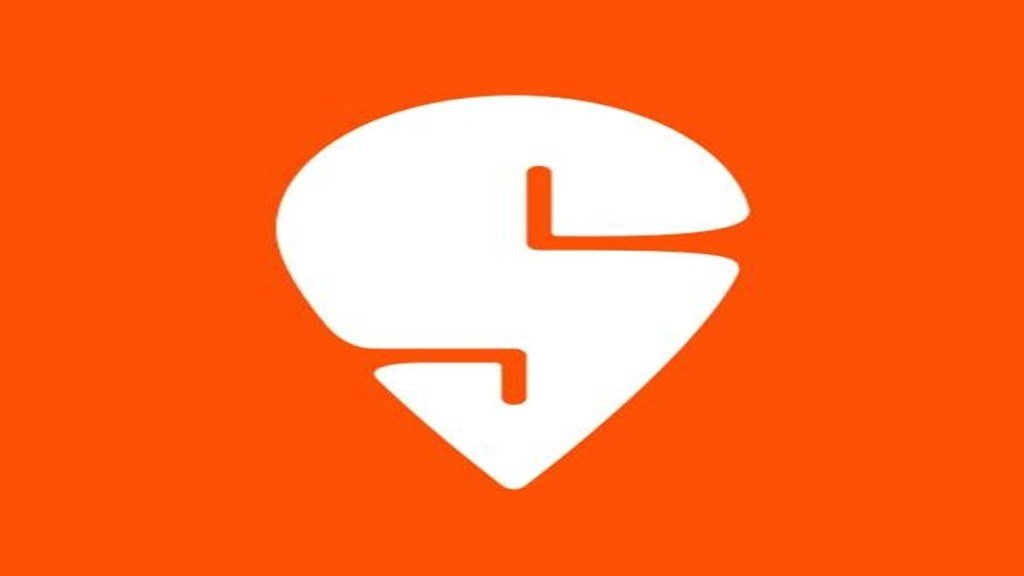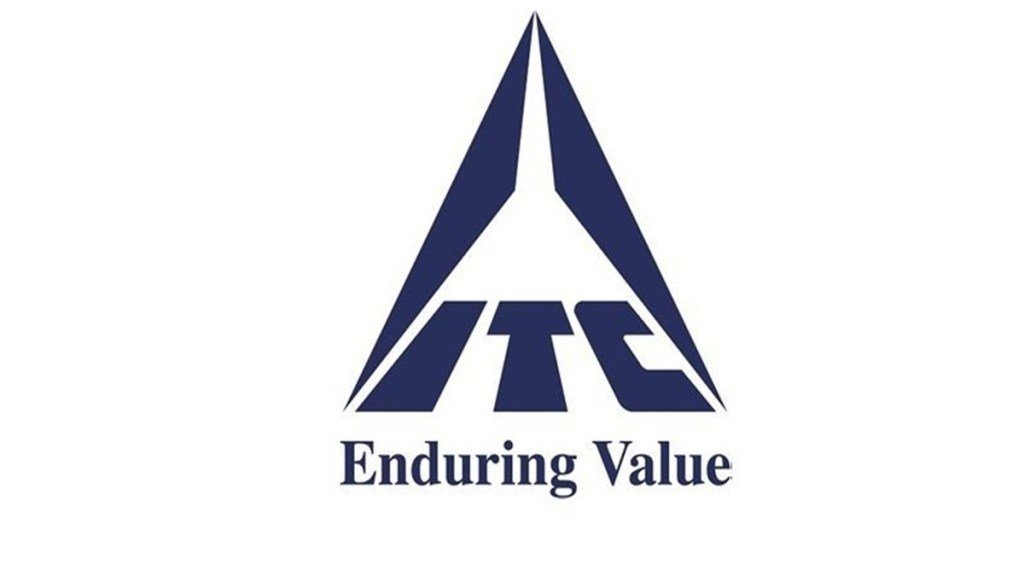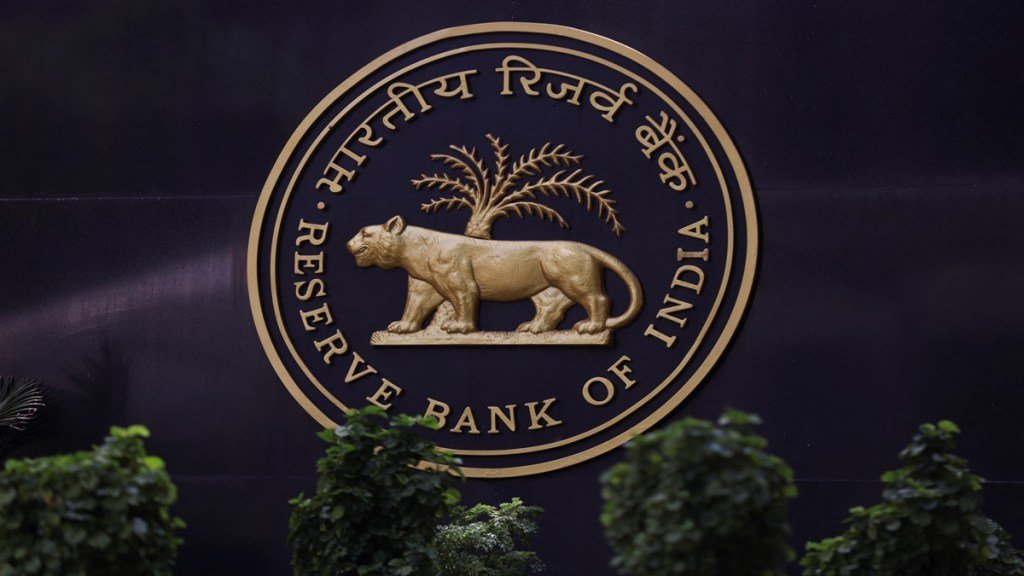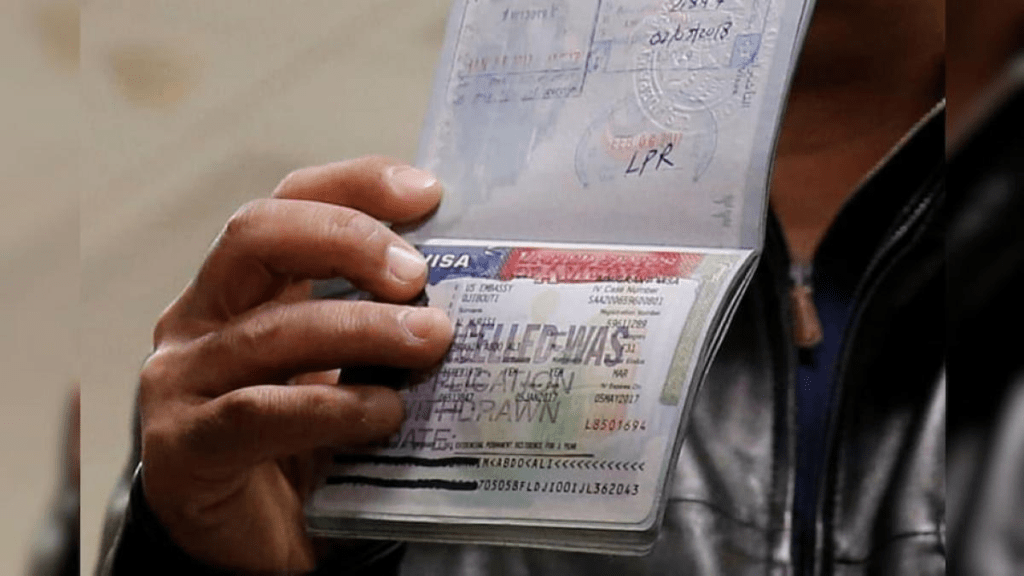
After facing two prior rejections, an applicant from India was finally granted a U.S. B2 visa at the Mumbai Consulate and shared her experience to help others navigating similar setbacks.
Her first attempt occurred during the early phase of the COVID-19 pandemic, a time when she was not employed. Though her visa interview was scheduled nearly a year and a half later, she didn’t update her DS-160 form to reflect her new employment status. That oversight contributed to a rejection.
During her second application, her situation had improved—she had a stable job, a committed relationship, and was more settled in India. However, following commonly shared advice, she kept her answers brief and limited to only what was asked during the interview. This strategy backfired, and she was denied again.
Refusing to give up, she took a different approach the third time. She studied experiences shared online, watched interview preparation videos, and practiced her answers. But the most significant change was her decision to be more open with the consular officer. She shared her personal story, explained her reasons for reapplying despite earlier rejections, and spoke about her strong ties to India, including her close relationship with family members who had encouraged her to try once more.
The officer listened attentively, asked a few thoughtful questions, and gave her the space to answer thoroughly. At the end of the interview, she received a 221(g) form, which requested additional documentation—specifically, copies of her parents’ approved visas.
Soon after, her parents were granted their visas with minimal questioning, as they were planning a visit to see their son studying in the U.S. Once she submitted their documents, her own visa was approved.
She expressed heartfelt thanks to the consular officer, noting the patience and understanding shown throughout the process. Her story highlights the value of persistence and honesty, especially when prior setbacks might make success feel out of reach.


